In this issue: Writing conferences, expressive writing and spelling, celebrating students’ work, and more!
|
|
|
|
|
ISSUE 3 | OCT. 2019
|
|
|
In this issue, we’re talking all about writing.
Writing conferences are one of the most effective ways to provide children with the individualized instruction they need to make progress in their writing. The goal is not to perfect the piece of writing but to encourage and develop the student as a writer.
In individual conferences, you can provide positive feedback about a student’s writing and focus on any aspect of their writing. You could focus on generating ideas, revising, or editing for spelling or mechanics.
|
|
|
| ISSUE 3 | OCT. 2019 |
Conferences are also a great time to set individual writing goals. For example, if you teach a child a new strategy, let him know you expect him to try using the strategy the next time he writes.
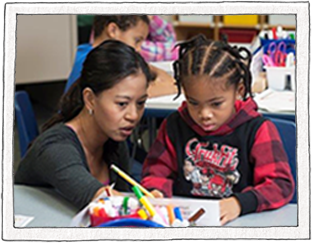 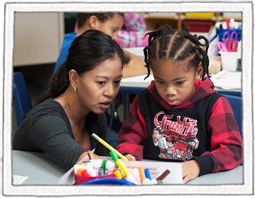
|
|
|
|
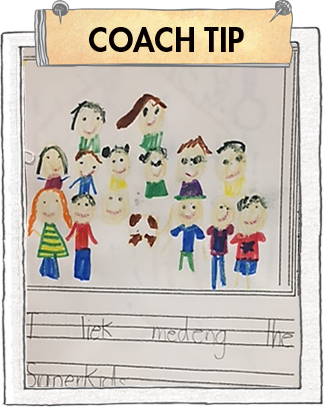 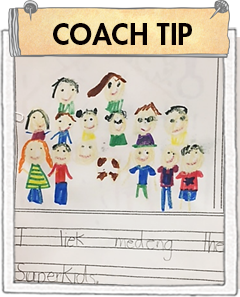
|
|
|
|
Coaches often get asked, “Can students use temporary or ‘invented’ spelling when writing?” One of the most important goals in early writing instruction is for children to express their ideas and get those ideas onto paper. In kindergarten and early first grade, there are still many words that children won’t know how to encode, and they may use temporary spelling in their writing.
However, as children learn letter-sound correspondences, they should be expected to encode the letters for sounds they have been taught. When reviewing children’s writing, help them correct spelling errors in words they should know how to encode as well as previously taught Memory Words.
|
|
|
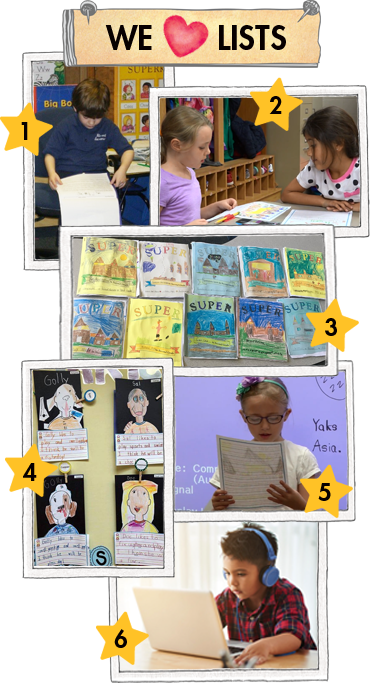
|
Sharing writing projects is a great way to celebrate students’ hard work. Here’s our list of six ideas for celebrating:
1. Ask children to sit in the “Author’s Chair” and share with the whole class.
2. Have students read to a partner or to an older “reading buddy.”
3. Create an “Author’s Table” so classmates can read their friends’ writing on their own.
4. Display completed writing projects in a special place in the hallway throughout the year.
5. Ask friends and family members to attend an “Author’s Party” where children are invited to share their writing and illustrations.
6. Use technology to bring students’ written words and illustrations to life. Many programs allow students to create digital books with text, images, audio, and video.
What fun ideas do you have for sharing and celebrating students’ writing? Let us know!
|
|
|
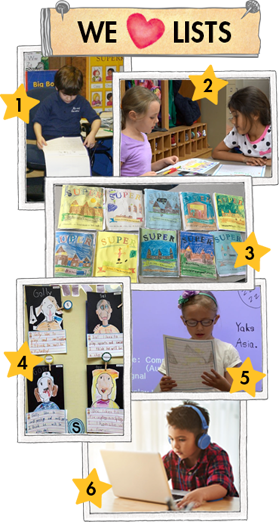
|
|
|
|
|
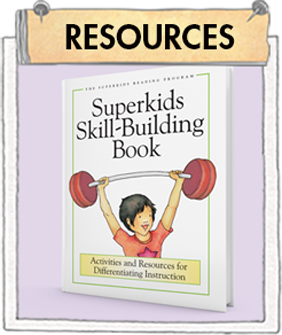
|
Looking for activities to strengthen your students’ writing skills? Look no further than the Superkids Skill-Building Book. This resource includes an entire section with activities devoted to improving writing skills.
Here you’ll find ways to support and inspire young writers, challenge activities for advanced writers, and a long list of prompts for independent writing. Peek into the Resources section to find writing templates and graphic organizers, too!
|
|
|
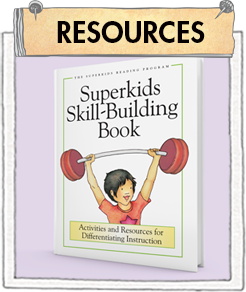
|
|
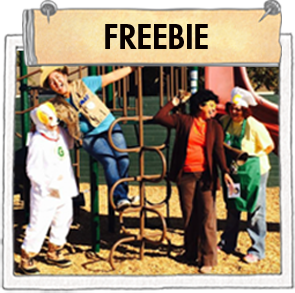 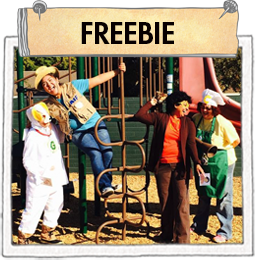
|
|
|
|
Planning a Superkids Dress-Up Day? Download a printable invitation to send home and explain what this special day is all about.
|
|
|
|
|
|
We'd love to share your tips, activities,
and inspiration with other Superkids teachers!
|
|
|
|
|
|
|
|
|